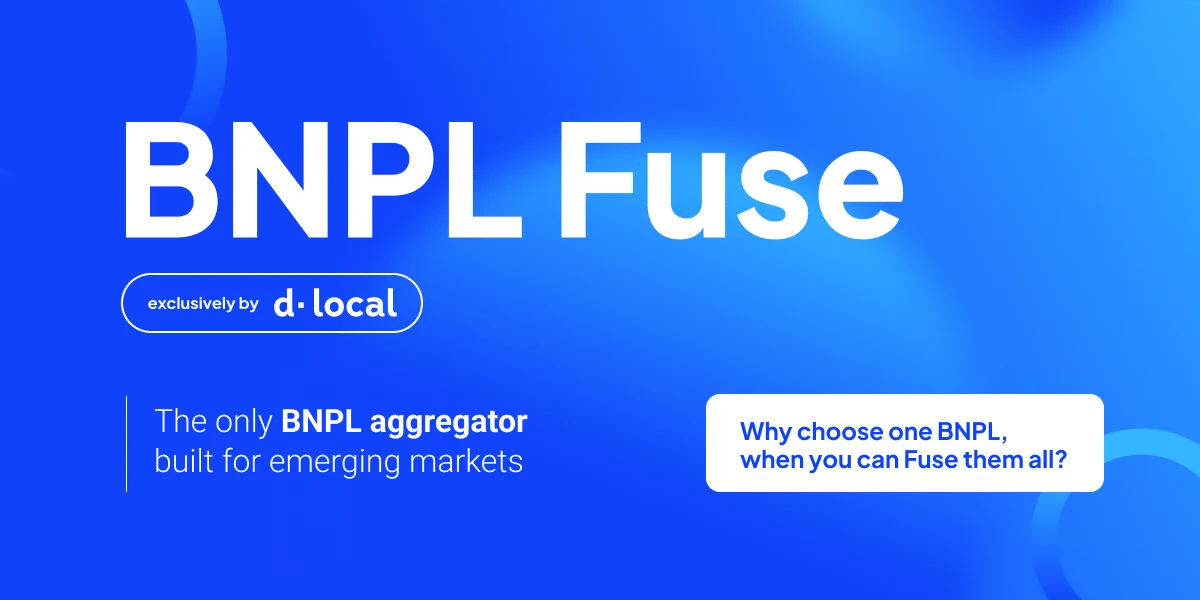dLocal (NASDAQ: DLO), an emerging market-focused cross-border payment infrastructure company, has launched BNPL Fuse. The announcement comes on the sidelines of the Money20/20 event happening in Las Vegas, USA.
“BNPL Fuse centralises access to multiple BNPL providers through a single API and contract,” says Duncan Steblyna, SVP of Product at dLocal.
Baymard Institute, which has tracked the global average of cart abandonment rate for 14 years, says 70% of carts are abandoned at checkout. Thus, by shrinking the abandonment rate, merchants can grow their revenue.
One of the ways to increase conversion at checkouts is to offer BNPL (Buy-Now-Pay-Later) solutions. Merchants can lose up to 66% of potential conversion by not implementing BNPL payment options. Hence, the spread of BNPL methods at online checkouts. A Bain & Company report reveals that annual BNPL transactions hit £6.4 billion ($8.5 billion), growing about 65% year-on-year. Thus, merchants have become increasingly reliant on it.
Given the nature of credit (in terms of eligibility, adoption and recovery), local and regional players like CredPal in Nigeria, and Tabby in the Middle East, launched to cater to the BNPL needs of their market. However, there has not been any mainstream BNPL aggregator on the continent. BNPL Fuse, built specifically for emerging markets across Latin America, Africa & the Middle East, and Asia, will aim to be that platform.
Steblyna says, “Merchants want to offer flexible payment options without dealing with complex integrations, compliance requirements, or credit exposure.”
dLocal claims that with just one API, merchants can instantly offer flexible instalments in eight countries and reach over 500 million underbanked buyers. BNPL Fuse will manage integrations, compliance, and local provider optimisation, functions akin to the services of a merchant-of-record.
Some of the platforms currently live on dLocal’s BNPL Fuse are Kueski (Mexico), Pagaleve (Brazil), Atome (across Southeast Asia), Pareto, and Payflex (South Africa). There is no mention of any local BNPL provider in Nigeria aggregated onto BNPL Fuse. This is understandable as credit is not yet a thing in Nigeria. Only 3% of Nigerians own a credit card, versus 40% in Brazil.
Get passive updates on African tech & startups
View and choose the stories to interact with on our WhatsApp Channel
ExploreLast updated: October 27, 2025





